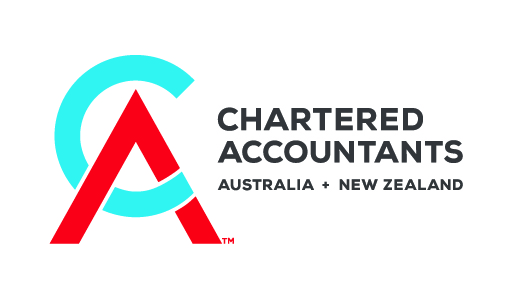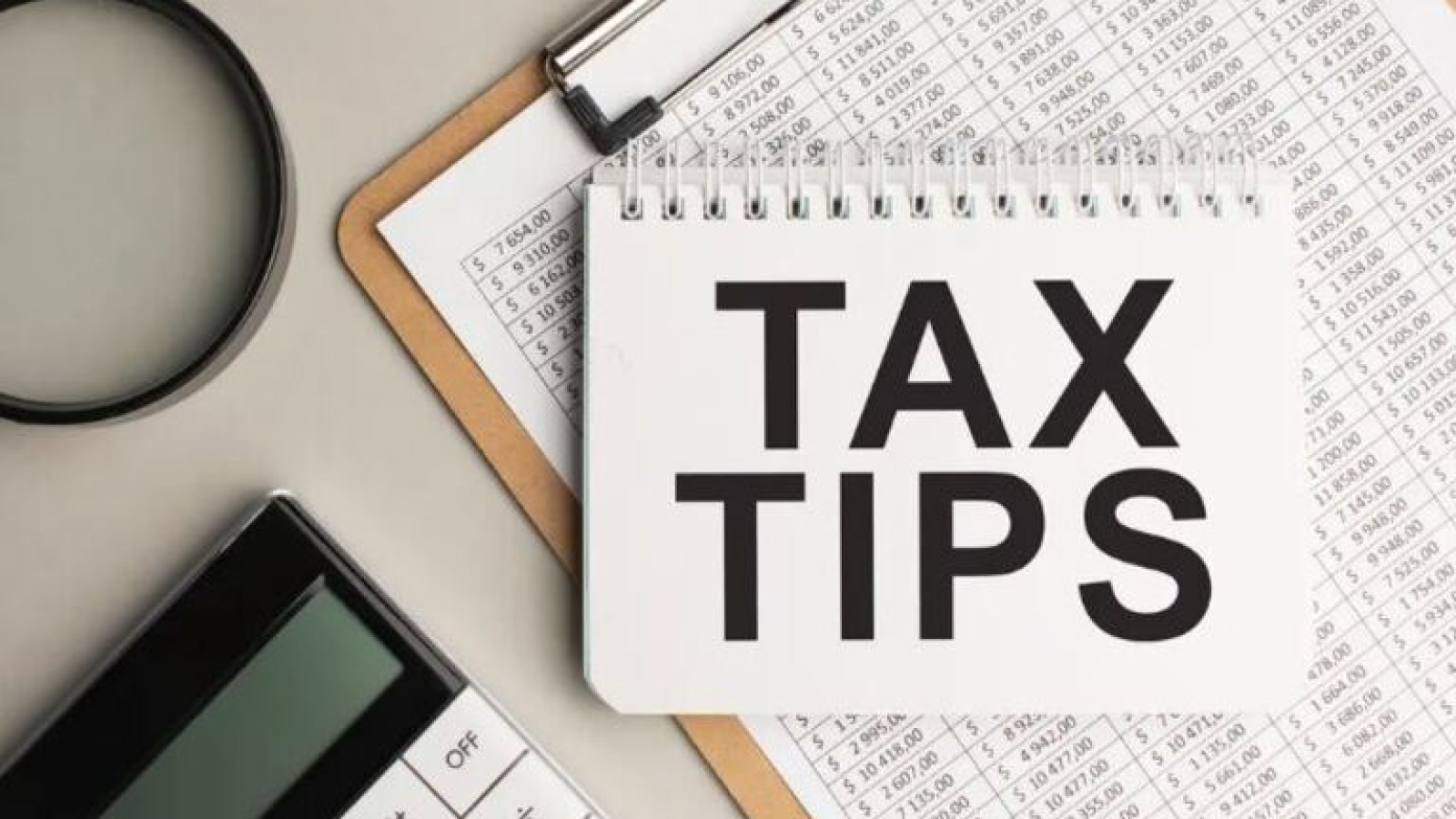Starting a business is always exciting, but it also comes with a steep learning curve, particularly when it comes to taxes. Whether you are launching a side business or starting a company from the ground, management of tax obligations from day one is important.
When you fail to get your taxes done right, it can result in missed deductions, compliance problems, and unwanted penalties. But with the right plans, you can easily lessen the tax liabilities, stay in compliance, and make smart financial decisions.
Here are some of the important tax tips that every small business owner or start-up owner in Australia should know:
Top Tax Tips for Small Business Owners and Start-Ups in Australia
Register Your Business Correctly From The Beginning
Before starting to trade, ensure your business structure is properly set up. Sole trader partnership, trust, or company – each is available with varied tax obligations and legal responsibilities.
- Sole trader: easy to set up but provides no legal separation from personal finances.
- Company: Little complex but can provide tax benefits and legal protection.
- Trust: Best for family-run businesses or asset protection but is more regulated.
Register for an Australian Business Number and based on your turnover, take into consideration registering for Goods and Services Tax.
Helps In Keeping Business and Personal Finance Separate

Mixing business and personal expenses is one of the major mistakes that new businesses often make. It is important to open a separate and dedicated bank account and preferably, a separate credit card for expenses of businesses. This helps in tracking deductions easily and making sure there are clean records when your business is audited.
A Better Understanding Of When To Claim As A Deduction
One of the best ways to reduce the tax bill is understanding what expenses you can claim legally.
Some of the common deductions for small-scale businesses are:
- Office rent or home office expenses
- Business-based vehicle use
- Costs for marketing and advertising
- Premiums for insurance
- Software subscriptions
- Tools and equipment
- Training, coaching, and education
Always maintain detailed records, invoices, and receipts for all things you plan to claim.
Go For Cloud Accounting And Bookkeeping Software:
Manual bookkeeping is often time-consuming and prone to errors. Making use of cloud-based accounting software such as Xero, and QuickBooks makes it easy for your income, expenses, invoices, and tax obligations in reality. Several platforms also integrate with your bank which assists in the automation of transaction reconciliations and entries. If you are not a pro with tax management, take into consideration a professional bookkeeper or accountant from starting. Their expertise is often beneficial as it helps in avoiding expensive mistakes.
Keep track of and manage GST Perfectly
When your turnover is more than $75,000, you should register for GST. This means that you are required to add 10% GST to your sales, issue tax invoices, and lodge business activity statements monthly or quarterly. When you do not register when you are needed legally or improper collection of GST can result in serious ATO penalties. Talk to any tax advisor when you are not sure of GST obligations.
Make Use Of Temporary Full Expensing
Based on existing legislation which varies year by year, small businesses might be eligible for temporary full expensing. This helps you in immediate deduction of the complete cost of eligible business assets like vehicles, machinery, or laptops in the year they are bought and used. Make sure you have checked with the accountant to confirm eligibility and how it aligns with your business’s cash flow.
Keep In Touch With Tax Professionals
A lot of business owners only speak to accountants at the time of tax season. But when you work with a tax professional all through the year, they can provide relevant insights and advice that enhance your financial position.
They can assist you with
- Forecasting cash flow
- Understanding tax liabilities
- Maximizing tax deductions and incentives
- Preparing for tax audits and compliance checks
- Male planned financial decisions for growth
You can think of the accountant as a long-term partner and not once a year cost.
Remain Updated On Tax Law Changes
Tax laws in Australia keep on updating, primarily during economic changes or government incentives. As an owner of the business, remaining aware of all kinds of changes that have an effect on your industry or structure is vital. Do subscriptions to updates from the ATO, follow all reputed financial blogs, or ask the accountant to give briefings regularly.
Do not ignore superannuation obligations: If you have employees or even if you pay wages through a company, you are required to pay superannuation. It is not optional and should be paid at least quarterly. The existing rate is 11% but is gradually enhanced. Missing the deadlines can result in fines, losing tax deductions, and interest for late payments.
Conclusion
As an owner of a small business or a startup, getting your taxes done properly from the beginning sets up the foundation for success in the long term. While taxes might seem like a headache, they don’t have to be – if there is required knowledge and assistance from professionals. This way you can stay ahead, prevent penalties, and make the maximum of your hard-earned income.
Start early, stay organized, and don’t hesitate to seek professional help when needed. For more insights and helpful resources tailored for Australian business owners, visit My Tax Guide—your trusted source for tax tips, tools, and updates.





Add a Comment